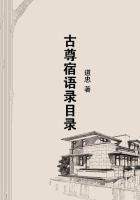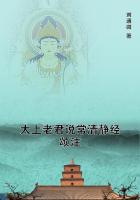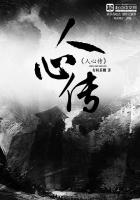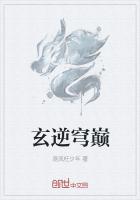The humility which had so completely sup-planted his youthful arrogance, and which made him shrink from impelling others to follow in his steps, endued him also with the teachableness of a child towards those whom he accepted as his spiritual mentors. It was a peasant noncon-formist writer, Soutaev, who by conversing with him on the revelations of the Gospels helped him to regain his childhood's faith, and incidentally brought him into closer relations with religious, but otherwise untaught, men of the people. He saw how instead of railing against fate after the manner of their social superiors, they endured sickness and misfortune with a calm confidence that all was by the will of God, as it must be and should be. From his peasant teachers he drew the watchwords Faith, Love, and Labour, and by their light he established that concord in his own life without which the concord of the universe re-mains impossible to realise. The process of in-ward struggle--told with unsparing truth in "Confession"--is finely painted in "Father Serge," whose life story points to the conclusion at which Tolstoy ultimately arrived, namely, that not in withdrawal from the common trials and temptations of men, but in sharing them, lies our best fulfilment of our duty towards mankind and towards God. Tolstoy gave practical effect to this principle, and to this long-felt desire to be of use to the poor of the country, by editing and pub-lishing, aided by his friend Chertkov,* popular * In Russia and out of it Mr. Chertkov has been the subject of violent attack. Many of the misunderstandings of Tolstoy's later years have also been attributed by critics, and by those who hate or belittle his ideas, to the influence of this friend. These at-tacks are very regrettable and require a word of protest. From tales, suited to the means and intelligence of the humblest peasant. The undertaking was initiated in 1885, and continued for many years to occupy much of Tolstoy's time and energies. He threw himself with ardour into his editorial duties; read-ing and correcting manuscripts, returning them sometimes to the authors with advice as to their reconstruction, and ****** translations from for-eign works--all this in addition to his own orig-inal contributions, in which he carried out the principle which he constantly laid down for his collaborators, that literary graces must be set aside, and that the mental calibre of those for whom the books were primarily intended must be constantly borne in mind. He attained a splendid fulfilment of his own theories, employing the moujik's expressive vernacular in portraying his homely wisdom, religious faith, and goodness of nature. Sometimes the prevailing simplicity of style and motive is tinged with a vague colour-ing of oriental legend, but the personal accent is marked throughout. No similar achievement in the beginning Mr. Chertkov has striven to spread the ideas of Tolstoy, and has won neither glory nor money from his faithful and single-hearted devotion. He has carried on his work with a rare love and sympathy in spite of difficulties. No one appre-ciated or valued his friendship and self-sacrifice more than Tolstoy himself, who was firmly attached to him from the date of his first meeting, consulting him and confiding in him at every moment, even during Mr. Chertkov's long exile. modern literature has awakened so universal a sense of sympathy and admiration, perhaps be-cause none has been so entirely a labour of love.
The series of educational primers which Tol-stoy prepared and published concurrently with the "Popular Tales" have had an equally large, though exclusively Russian, circulation, being ad-mirably suited to their purpose--that of teach-ing young children the rudiments of history, geography, and science. Little leisure remained for the service of Art.
The history of Tolstoy as a man of letters forms a separate page of his biography, and one into which it is not possible to enter in the brief compass of this introduction. It requires, how-ever, a passing allusion. Tolstoy even in his early days never seems to have approached near to that manner of life which the literary man leads: neither to have shut himself up in his study, nor to have barred the entrance to disturbing friends.
On the one hand, he was fond of society, and dur-ing his brief residence in St. Petersburg was never so engrossed in authorship as to forego the pleas-ure of a ball or evening entertainment. Little wonder, when one looks back at the brilliant young officer surrounded and petted by the great hos-tesses of Russia. On the other hand, he was no devotee at the literary altar. No patron of lit-erature could claim him as his constant visitor; no inner circle of men of letters monopolised his idle hours. Afterwards, when he left the capital and settled in the country, he was almost entirely cut off from the association of literary men, and never seems to have sought their companionship.
Nevertheless, he had all through his life many fast friends, among them such as the poet Fet, the nov-elist Chekhov, and the great Russian librarian Stassov, who often came to him. These visits always gave him pleasure. The discussions, whether on the literary movements of the day or on the merits of Goethe or the humour of Gogol, were welcome interruptions to his ever-absorbing metaphysical studies. In later life, also, though never in touch with the rising generation of authors, we find him corresponding with them, criticising their style and subject matter. When Andreev, the most modern of all modern Russian writers, came to pay his respects to Tolstoy some months before his death, he was received with cordiality, although Tolstoy, as he expressed him-self afterwards, felt that there was a great gulf fixed between them.















